Tags
abolitionism, advertisement, America, American, army, Bank of the United States, broker, Charleston, commerce, Congregation Mikveh Israel, Congress, Cornwallis, delegates, donation, Dr. Ronald Rubin, Dunlap's American Daily Advertiser, duty, England, financier, Frankfurt, George Washington, Germany, Haym Salomon, Isaac Franks, Jewish, levy, Levy Department Store, newspapers, Nones and Cohen, Philadelphia, Rhode Island, Solomon Lyons, South Carolina, Southern Union, stock brokers, The Charleston Mercury, The Independent Gazetteer, The Pennyslvania Packet
Dr. Ronald Rubin has donated four issues of early American newspapers highlighting Jewish contributions to commerce.
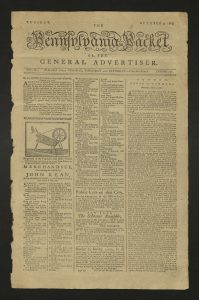
The Pennsylvania Packet, Philadelphia, October 9, 1781, features an advertisement by Haym Salomon, broker, considered the Financier of the American Revolution.
In the news that day, a report on the war from September 28:
“Gen. Washington sent in a flag to lord Cornwallis directing him not to destroy his shipping or warlike stores, as he would answer it at his peril. The early capture of the out-posts will greatly accelerate the future operations of our army.”
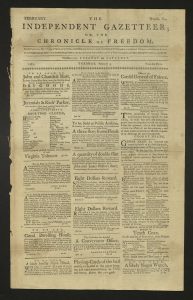
The Independent Gazetteer, or the Chronicle of Freedom, Philadelphia, February 4, 1783, contains an advertisement by Philadelphia stock brokers Isaac Franks, and Nones and Cohen.
In the news that day, a letter from the editor regarding vesting “power to Congress to levy, for the use of the United States, a duty of 5 per cent…on all goods, wares, and merchandise, of foreign growth and manufacture, etc….” to which the author against Rhode Island’s demurs: “If the Congress of America was a body of individual permanency, there might just cause of jealousy; but, when it is considered, that every member is annually nominated by assemblies, who are themselves also annually chosen by the people, I cannot perceive the least ground of danger; nay, I believe in most of the states, the delegates to Congress are revocable at pleasure: so that evil of misapplied power may be check as soon as it appears.”
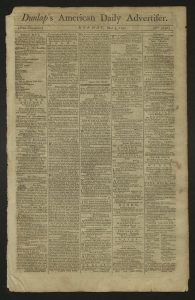
Dunlap’s American Daily Advertiser, Philadelphia, May 9, 1791, features an advertisement by Solomon Lyons, a prominent Colonial-era broker and financier. Lyons was born in 1760 in Frankfurt, Germany and died in 1812 in Philadelphia, having raised a family of six children and being an active participant with Congregation Mikveh Israel.
In the news that day, an observation from a correspondent:
“The Bank of the United States may justly be considered as a proposition made to the monied interest, foreign and domestic — & in fact, appears to both in a very favourable point of light – the latter, from every information, are making great preparations to subscribe, and the terms are so advantages that no equal object of speculation is perhaps presented in any quarter of the globe to the former.
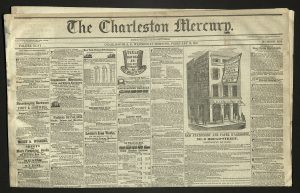
The Charleston Mercury, Charleston, South Carolina, February 13, 1856, contains a front page illustration of Levy Department Store.
In the news that day, a piece on abolitionism:
“…the Southern States shall become strong. Then, like the barons of England in similar circumstances, that they be able to demand their rights under the magna charta of the land, or, failing to secure these, to dissolve their connection with a hostile and lawless section. Glorious, indeed, according to our view, would be the result of Southern Union…”
Thank you, Dr. Rubin, for years of your wonderful gifts!

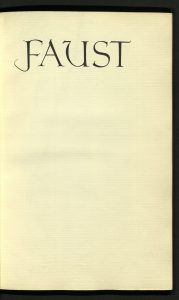
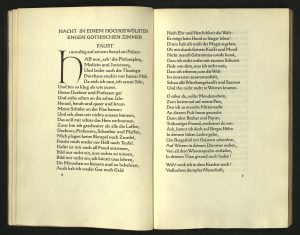
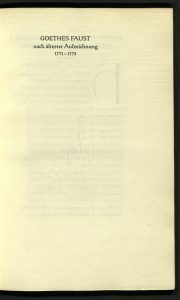
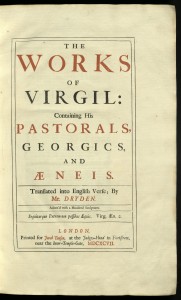
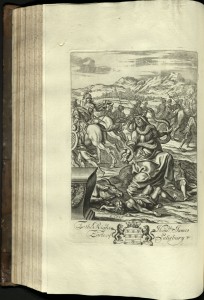
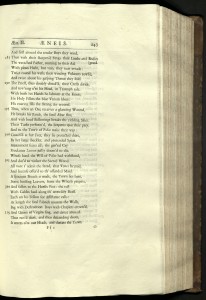


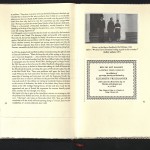
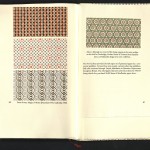
You must be logged in to post a comment.